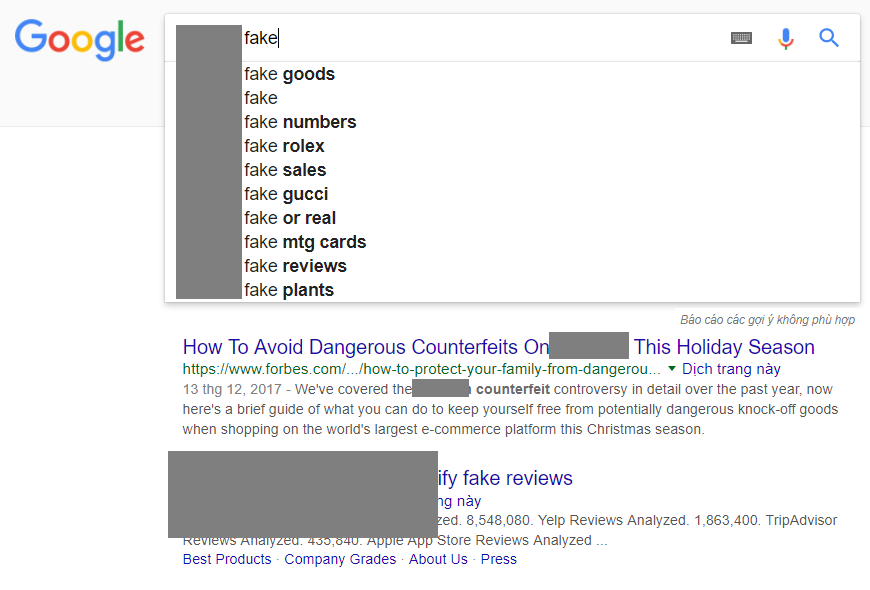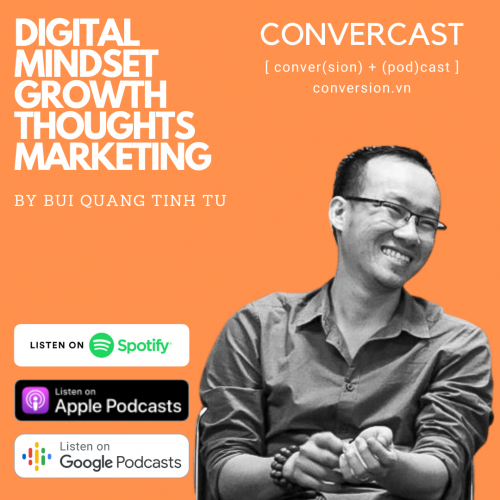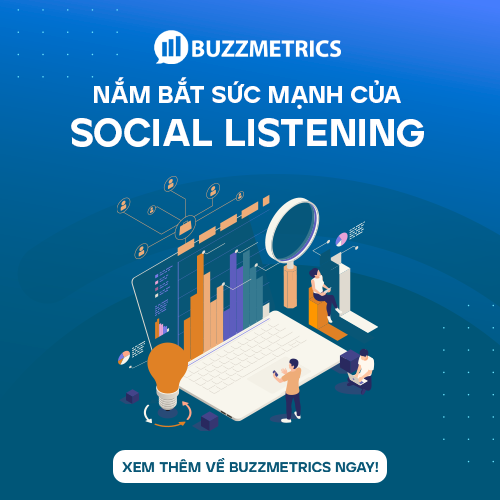Online Reputation Management Processes
Mục Lục
What is online reputation management and why is it important?
Online brand management (ORM) is a division of Branding and PR with the goal of protecting, controlling and enhancing the reputation of the brand or an individual by pushing down, removing or attaching inaccurate, misleading or negative information.
Online branding is all about what others know about you or your company, your organization on your website, blogs, forums, social networks, Wikipedia, images, videos, etc. Have you tried searching your name or the company name on Google? Do you like what you see?

If you do not like results like this, then ORM is what you need to know
Online brand management is necessary because the information appearing on the internet can directly influences the sales and benefits of the company. Customers who are considering whether to buy a product or service will usually search for the brand online before making their decision. If they find that the information is not positive, usually they will temporarily stop purchasing the product at the moment even if the information is right or wrong. Similarly, this can happen to you as an individual, if the employer or investor has some time to look up information about you online and see some negative information that was caused when you was still a young bull head, then it may also affect your work and long-term future.
So how can online brand management / online reputation management be the best way to prevent and remove the unfavorable information that is appearing on the internet? Before going into the solution, we need to understand the basis and principle of the information that exists on the network.
What you need to know about the Internet and online brand management
Yes, the goddamn the Internet. Source: 9gag
The Internet is the magnet for the negativity: it is a fact that people tend to go online to complain about bad things rather than praising when things are good. For example, if your company offers services to 100 customers, 99 of whom are satisfied and 1 dissatisfied, almost certainly those 99 satisfied customers will not say something positive or praise your service but the other 1 customer will likely blame your company’s services from Facebook to the forum or wherever this person can access. Remember, the Internet is always more likely to be negative than positive. This further demonstrates the importance of ORM in protecting the brand.
Internet traces forever: If the negative information has been posted, it will stick with you or your brand for almost forever because in one way or another it will be saved on the internet even if the web containing that information is gone. How? Google Cache or WayBack Machine.
Your online information is uncontrollable: anyone can write about you or your company and post it on some blogs, websites, forums, social networks and how this information is displayed depends of the automatic control by the algorithm of the search engines, social networks. Depending on many factors, sometimes the information generated by public opinion is more attractive and more viewed than the official information. Online brand management is therefore necessary to ensure that no false or misleading information that affect you personally or your company could exists.
The netizen community only cares about what’s interesting, being right and wrong is left far behind: You think people will like to read your biography with all the right and true but boring information or one would love to read a scandal story involving you with fictitious but fascinating plots? And search engines as well as social networks only favor the content that people like to see, not evaluating if it is true or false. So on social networks’s search results, depending on the topic, we see a lot of news about the scandal, taboos with the click-bait headlines rather than ones with the truth.
If you don’t do it then someone else will: if you don’t write information about your own brand, company, or personal information, then somehow somebody will do it for you and they will write with their own style it is not certain that it is a good thing. So why not writing your own story and information the way you want it? It can be seen that online brand management is essential and needs to be addressed early.
Understanding the basic and knowing the truth behind information on the internet, we can start going through the process of an online branding management campaign.
The processes of online brand management
Online brand management / online reputation management (ORM)
Step 1: Analyzing and identifying
First you need to determine the current situation by listing the negative keywords or keywords that are affected by the negative results. Check out all these keywords and categorize your search results into four categories:
– Negative contents
– Neutral or unclear contents
– Positive contents
– Contents created and managed by you
Make a list of all of these and mark their rank on the search results.
With negative contents, you will need to proceed to remove / push them to a lower rankings on the search results. With neutral or vague contents, it is up to you to decide whether to leave them that way or push down. For the positive contents, you should try to take advantage of them by pushing to a higher rank, this will help reduce the amount of content that need to be created. For contents created and managed by you, they will be on sites which you have full control to display, and of course, these are the pages that you will need to bring up and replace the negative contents.
Step 2: Building support system
Contents created and managed by you will be the main tool to help you replace negative contents to give people who search the exact information you want them to read. Kinds of websites that you can use to build support pages for ORM are quite diverse, including the main websites, blogs, social network sites including photo-sharing sites, forums, news sites, self-created websites, etc. The creation of these support pages and linking them to a content distribution system will enable you to quickly post content to these pages in the most fastest and effective way.
Step 3: building content
Content creation is the most time consuming step in implementing an online branding process, but make sure you can not be sloppy with it because this is the key to the success or failure of your campaigns. The construction of content will include the following steps:
Targeting the reader: The first step is to learn about the brand, the product, the service to understand what is its characteristics and what is causing negative reactions. Then think about the audience, who will read contents created and managed by you, what is their age, gender, occupation.
Determine the approaching angle: Once you know who your audience is, start looking at the approaching angle to write the content that responds to the negative contents in the most reasonable way.
The deployment plan for the content : list the sites where you will post the content, when is the most appropriate and effective time to post. Do not forget to create a plan to share this content on social media channels after posting to increase the coverage. Review the positive contents to see if there is any way to improve them.
Step 4: Posting the content
Publishing the already made content to communication channels including websites, blogs, social networks or third-party webs depends on the amount of the content as well as the frequency and schedule of postings that are set up in step 3. Posting content can be done manually and in combination with automated content posting tools to save time. Content posted should also be planned to better link.
Step 5: Promoting
Well, interesting content is for nothing without people viewing them. Along with building good content, promoting to the viewer is also an important factor in promoting the success of an online brand management campaign. There are 3 main ways you can promote your content:
Owned media: Promoting through the channels that you currently have as your personal website, blog. You can also take advantage of tools like email marketing, SEO to bring your content to more people.
Earned media: Promoting primarily through social networks (including forum seeding) by participating in discussions and leaving links to content that has been created. When your content is engaging enough, readers will actively share the content themselves, helping it spread further.
Paid media: Promoting by paying the right amount. If used properly, it will bring about high efficiency and significantly improvement in the results of the online brand management campaign. Suitable ad formats include online PR, paid search, display, social advertising and influencers, which should be used to attract more viewers.
Combining smoothly and reasonably all those means which can be used to promote contents created and managed by you, along with positive contents, will significantly improve the likeliness of pushing down negative contents when users search for information related to you or your company or brand.
What to keep in mind when implementing online brand management
DO NOT CLICK, DO NOT SHARE: If someone say something bad about you, you surely want to click on them to see what they say and not just once but again and again. And then you can send this link to your friends, relatives, employees, colleagues to check. Do not do that. This only makes the search engine evaluate that the negative contents are attractive and relevant (as it has many new viewers and widely spread). Whatever the situation, do not give this content to many people, this will not be helping.
If you have ignored the negative post about yourself then also try to ignore the same one on Facebook, DO NOT CLICK.
Do not argue: do not waste your time writing the answer, do not answer, do not participate in discussions on the negative content. All that will unnecessarily attract more attention to the issue. In addition, for those who intentionally blow up the problem, whatever you say they will also find ways to impugn, quibble and carping you with the worse things . Do not give bullets to the enemy. It is better to resist provocation by silence. This is a very important rule when you conduct online brand management.
Let your voice be heard: establish your online identity and do not let others take it away. Do not use social network? Make an account on various social networks like Facebook, Google+, LinkedIn, Twitter and use your real name on it. Social channels often rank individual keywords high on search results, so register as many as possible. Make sure your profile, resume, and CV are up-to-date, not with obsolete information. If you can write well, write a blog, take a picture, create a Flickr or Pinterest account, etc. Generally put more “real” information that you can control about yourself or company online.
Do not get blackmailed: One of the common thoughts companies have is that money can be used to solve things faster. In some cases it may be true but in the ORM this is a double-edged sword. If a site A posts articles that are not good for your business, you give them a bunch of money to remove them, which can be considered as the quickest solution but not advisable for long-term. Can you make sure that after receiving your company’s money and removing the posts, this web A will not post a negative article about you anymore later? And this may be because the A web posts them because they may know that you will pay to remove the articles. And now your company becomes the blackmailed target. Do not fall into this situation, under any circumstances, do not compromise or choose the solution which is easy at the moment but harmful for the future.
Hope this article will help you in the process of self-protection and ensure the interests of companies, brands as well as individuals on the Internet. If a company or individual needs advice on online brand management / online reputation management, contact the writer through [email protected].






 Vietnamese
Vietnamese English
English